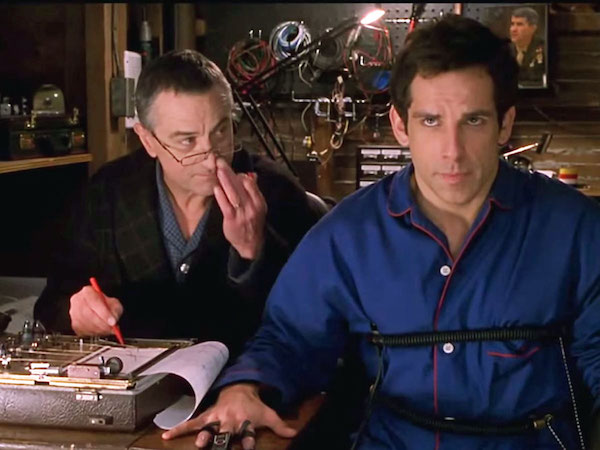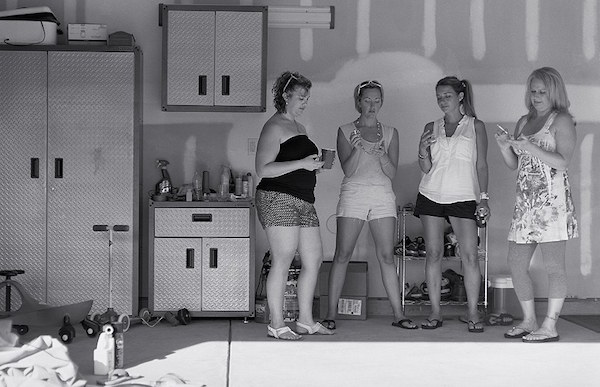What are your relationships’ “Third Things”, and which bring you closest?

**note: most of these are intended to have a long “discussable shelf-life,” which I believe to be equally true here — but this one takes on added importance at this moment in particular.**
**additional note: because of this moment in time (and the time it’s afforded us), I’ve also started experimenting with a video format. Similar content either way. Please be kind, it’s early days yet.**
In this coronavirus-plagued spring of 2020, we find ourselves stuck at home with our roommates, family or partners in a way we never have before. Meanwhile the media (from news outlets to advertisers) have all-too-eagerly tried to frame this moment as a heartwarming opportunity — to spend that time growing closer, if we use it right.
This reminded me of an episode from John Greene’s podcast, The Anthropocene Reviewed, where late last year, while discussing the merits and uses of the iPhone’s Notes app, he quotes something he had once jotted down in his phone: a the poet Donald Hall’s much more artful take on how we spend time with loved ones. Less a maximization strategy, than a reckoning with the reality of relationships.
“We did not spend our days gazing into each other’s eyes. We did that gazing when we made love or when one of us was in trouble, but most of the time our gazes met and entwined as they looked at a third thing. Third things are essential to marriages, objects or practices or habits or arts or institutions or games or human beings that provide a site of joint rapture or contentment. Each member of a couple is separate; the two come together in double attention.”
So in this time of being together, alone, for longer-than-usual stretches, it seemed like a good time to reflect on those Third Things, and decide which ones are better at deepening our relationships vs merely filling time.

